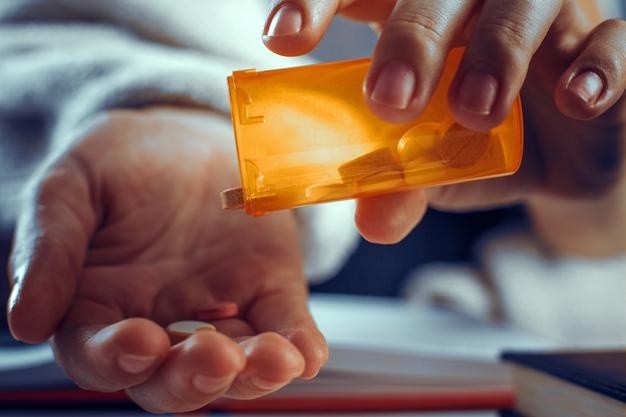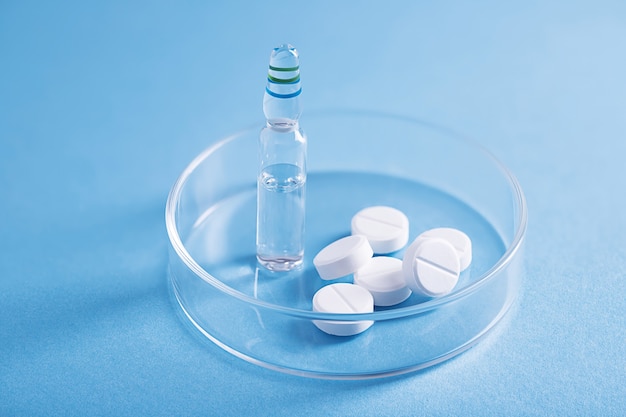
Heroin is an illicit opioid drug that is derived from poppy plants. Individuals who abuse heroin become addicted to it very quickly, as it produces a rush of pleasure and euphoria. However, heroin produces an array of adverse health effects and can be very detrimental to an individual’s life.
Oftentimes, when people think of heroin addiction they picture the images displayed on TV or in movies. While heroin addiction can cause severe physical effects such as sores and poor body image, many users attempt to hide the signs of their substance abuse. Because of this, deciphering whether your loved one is addicted to heroin can be difficult.
Being aware of the signs of heroin addiction is important, as this might allow you to get help for a family member early on.
If you are concerned that your loved one is suffering from heroin addiction, knowing what signs and behaviors to look for is extremely important. Like any drug addiction, the signs a person displays during heroin addiction vary on a case-by-case basis. While one person may experience rapid and intense mood swings, another may suffer from issues at work or school.

The early symptoms of heroin addiction can be difficult to spot, as the effects of addiction have not fully set in yet. Keeping this in mind, the early symptoms of heroin abuse include:
Once an individual’s addiction to heroin progresses, the side effects will become more apparent. With that being said, let’s take a look at the severe signs of heroin addiction.
A tell-tale sign of heroin addiction is the presence of “track marks”. To explain, when someone becomes addicted to heroin, usually they inject the drug intravenously. Due to this, there may be marks where they injected the needle. Typically, individuals inject heroin into their arms, legs, hands, or hard-to-see places such as their toes.
When an individual is suffering from drug addiction, it is common for them to exhibit behavioral signs. This is because their brain chemistry is being affected by the substance, causing their behavior to shift dramatically. For example, someone addicted to heroin may begin to isolate themselves from their friends, family members, or partners.
If you have noticed your loved one display any of the previously mentioned signs, it might be time to consider hosting a drug and alcohol intervention.
Just as drug addiction causes behavioral symptoms, it causes psychological signs as well. If your loved one is abusing heroin, you might notice that they sleep more often than usual. This is because heroin is a depressant that causes intense drowsiness and disrupted sleeping patterns.

If you believe that your loved one is addicted to heroin, a drug intervention may be necessary.
Oftentimes, individuals struggling with heroin addiction are in denial of how bad their substance abuse has become. Additionally, some people may be resistant to treatment because they are afraid of living life without the numbing effects of drugs. Whatever the case may be, if your loved one is not accepting help for heroin addiction, it may be time to consider a drug intervention.
Drug and alcohol interventions allow individuals to provide help to a family member who needs addiction treatment but is having a hard time accepting it. To explain, interventions are family meetings facilitated by a professional recovery guide. These meetings are intended to convince your addicted loved one to accept help and attend professional addiction treatment.
If you are wondering how to get help for a loved one, contact a recovery guide to set up a drug and alcohol intervention today.
Michael Herbert, The Recovery Guide, has more than 30 years of experience working closely with individuals and families dealing with addiction and recovery issues. He is a seasoned recovery coach and can help you and your family establish long-term goals and access the tools you need for continued abstinence and recovery for the entire family. Get in touch with Michael today at 561-221-7677 to schedule an appointment.